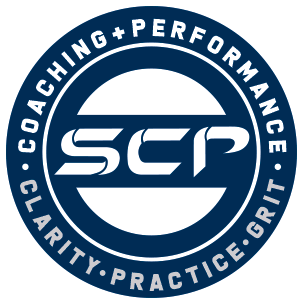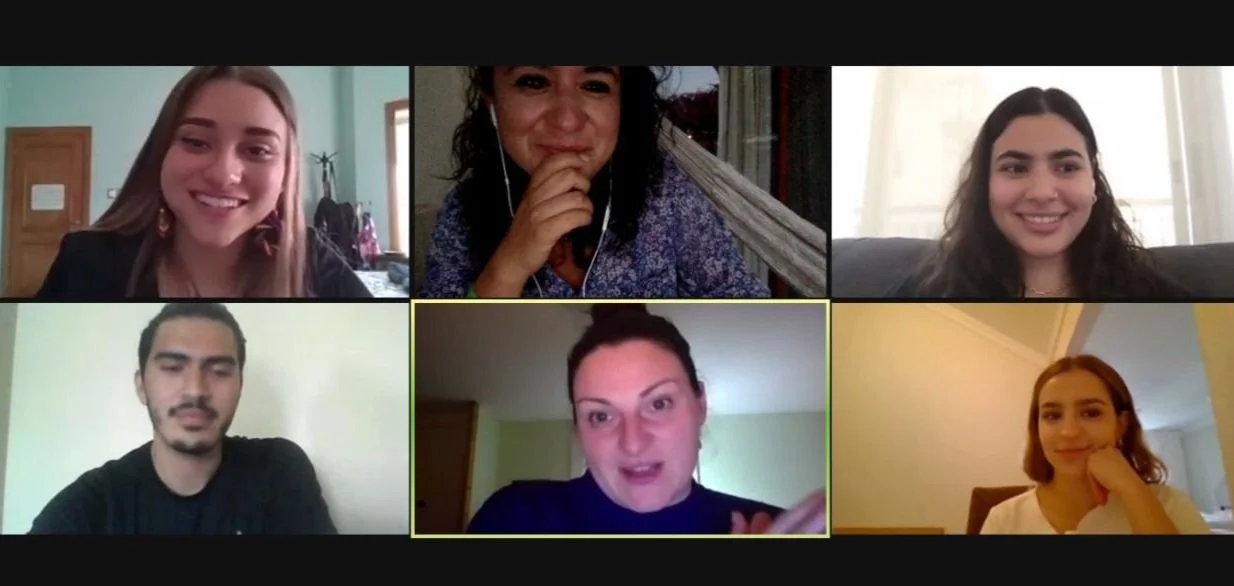How four friends sharpened their communication and organizational skills to more effectively investigate an end to cycles of poverty
Tecnológico de Monterrey is a private university in Mexico committed to training that transforms lives. Since its founding in 1943, the independent university has evolved to offering dozens of undergraduate and graduate programs (many in English) while remaining focused on developing internationally competitive and entrepreneurial leaders who are committed to both the development of the environment and the welfare of society.
Four friends at the university met through a collaborative, student-run project that was investigating the structural inequalities affecting migrant indigenous people in the Metropolitan Area of Monterrey, Mexico as part of the Reach Alliance partnership. Although friendship brought them together on campus, it was team coaching that enabled them to define their roles on the team, lean on each others' strengths and see progress in their research work together.
The team arrived at TEC from different places, literally four different corners of the country including a marketer from Baja California's capital city on the U.S. border; a scholar from a small farming town in central-western Mexico; and two passionate human-rights advocates from states in the northwest of the country. The foursome became fast friends through their passion for development and international relations.
Friendship enabled them to lead themselves well, but team coaching helped them to smooth out the fuzziness that can sometimes complicate relationships. Team coaching enabled more efficient teamwork so that they could make progress toward their goals.
Every interaction with their coach was valuable - not one of their meetings could've been an email - and two keys stood out for them through their team coaching experience - icebreakers and feedback.
Icebreakers were a game changer because they helped to connect the team and encourage focus - ensuring that the team was mentally engaged in their meetings and aligned on their task at hand.
Learning to give and receive feedback effectively also transformed the group of friends into a high-performing team. The clarifying communication process helped them make expectations explicit - instead of presuming things because they were friends, they were better able to articulate what they needed, from who, and by when.
The practice of giving and receiving feedback effectively, as facilitated by their Sealy Coaching & Performance team coach, also helped them understand their strengths and to refine their roles within the team in order to benefit from what each team member could confidently bring to their collaborative work together. Ever the effective listener, Lucia was the moderator, while Marisa’s strong speaking and presentation skills made her the chair. Her passionate commitment to people made Gio the team’s motivator, while Memo’s clear vision and organization earned him the role of the planner.
Team coaching consistently guided the efforts of the group in a positive way, and the team was able to apply the same effective communication that they practiced together as a team to their conversations with government officials, NGOS and the migrant communities of their field research investigation into perpetual poverty.

